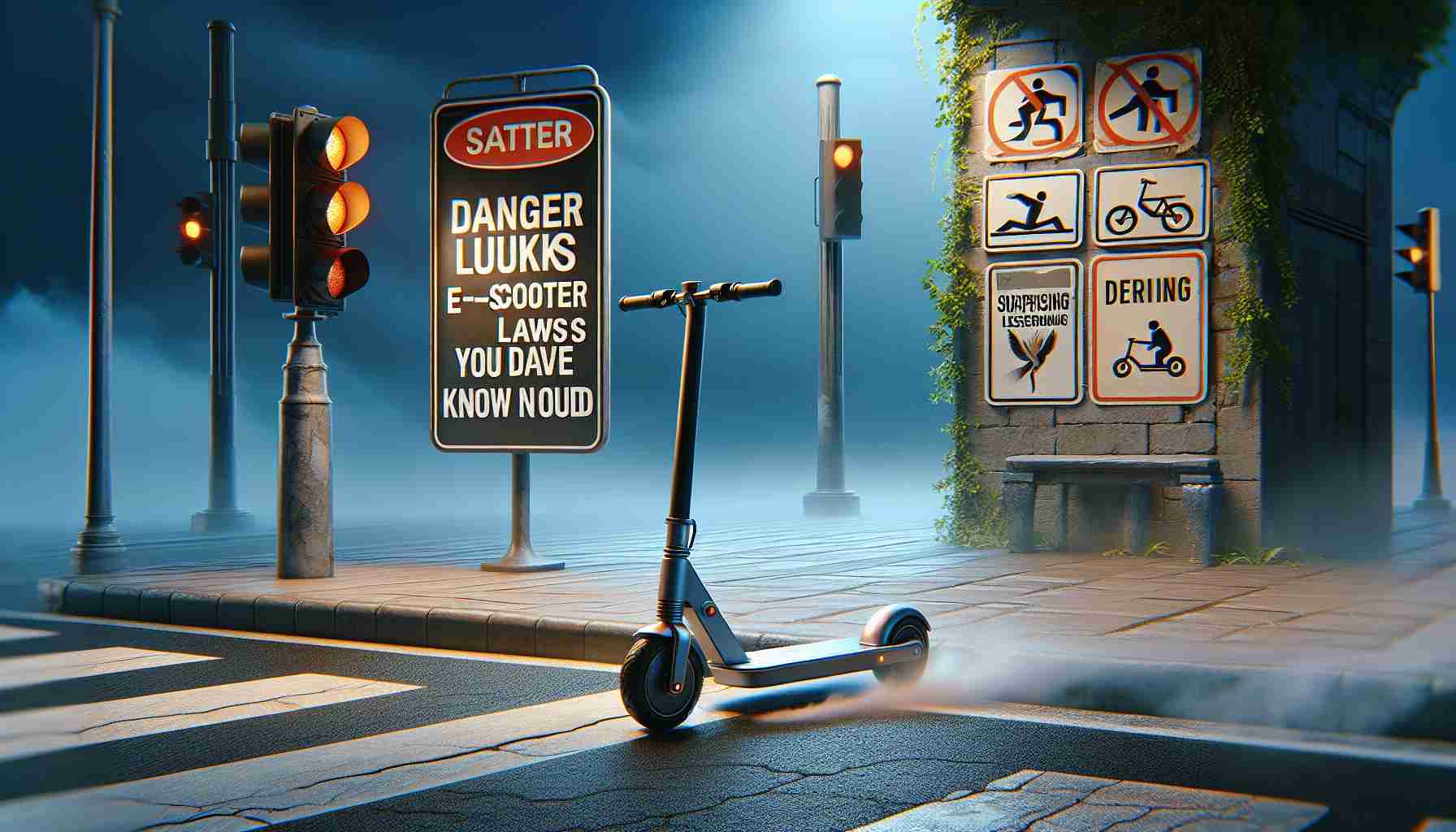
Recent Police Action in Oxford Reveals E-Scooter Issues
On a busy Friday night, officers from the Thames Valley Police’s roads unit, alongside special constabulary members, conducted a comprehensive check involving e-bikes and e-scooters in the Plain and Carfax areas of Oxford. The following day, the police released a statement detailing the outcomes of the operation.
The checks led to eleven vehicles being seized, alongside two arrests related to drug driving and drug offences. Authorities also issued a number of fines for breaches concerning insurance and licensing, although all individuals tested for alcohol returned negative results.
As the holiday season approaches, the police have been actively reminding the public of regulations concerning e-scooter use. E-scooters are categorized as motor vehicles under the Road Traffic Act of 1988, which means operators must possess a valid license and insurance.
However, at present, obtaining insurance for privately-owned e-scooters is not feasible, rendering their usage on public roads, pavements, parks, and shopping areas illegal. Violating this can result in vehicle seizure due to the lack of insurance.
For those who own an e-scooter, usage is restricted to private property with the owner’s consent. Alternatively, rental e-scooters may be legally operated in designated public areas as part of approved trial schemes.
Oxford’s E-Scooter Crackdown: What You Need to Know
Recent Police Action in Oxford Reveals E-Scooter Issues
The recent police operation in Oxford highlights significant concerns surrounding the use of e-scooters in urban areas. While the police seized numerous vehicles and made arrests for drug-related offenses, there are broader implications regarding the regulations and safety of e-scooter usage.
Specifications and Regulations
E-scooters in the UK are classified as motor vehicles under the Road Traffic Act of 1988. This classification necessitates that all operators hold a valid driving license and insurance. Yet, the paradox remains: as of now, it is virtually impossible for owners of privately-owned e-scooters to obtain insurance. Consequently, using these vehicles in public spaces remains illegal, resulting in potential fines and vehicle confiscation.
– Private Use: E-scooter owners must limit their usage to private properties where they have explicit permission from the landowner.
– Rental E-scooters: Residents and visitors may legally use rental e-scooters in designated areas under trial schemes approved by the local council, offering a more regulated alternative.
Pros and Cons of E-Scooter Use
Pros:
– Eco-Friendly Transportation: E-scooters provide a cleaner alternative to traditional vehicles, reducing carbon emissions.
– Convenience: They offer an efficient way to navigate urban environments, often avoiding traffic congestion.
Cons:
– Legal Restrictions: The inability to obtain insurance makes private e-scooter use largely illegal in public spaces.
– Safety Concerns: The lack of regulations can lead to unsafe riding practices and increased accidents.
Insights and Trends
As cities across the UK explore micro-mobility solutions, e-scooters are gaining attention. According to recent data, rental e-scooter schemes have seen a surge in popularity, providing city dwellers with flexibility in their travel options. However, the legal gray area surrounding private e-scooter use continues to pose challenges, pushing local authorities to rethink regulations and enforcement strategies.
Innovations and Future Predictions
Looking forward, advancements in technology may lead to better safety features for e-scooters, such as improved braking systems, stability control, and built-in GPS tracking to deter reckless riding. Additionally, as more cities recognize the benefits of micro-mobility, we could see new policies emerging that address both safety and accessibility for e-scooter users.
Security Aspects
The security of e-scooter frameworks remains a critical concern. Vulnerable users, especially in urban settings, require better protective measures against theft, accidents, and irresponsible riding by others. Enhanced safety gear and better infrastructure for e-scooter use, such as dedicated lanes and parking spaces, are necessary to promote safe riding habits.
Conclusion
As the popularity of e-scooters escalates, so does the necessity for clear and effective regulations. For now, Oxford’s recent police operation serves as a reminder of the ongoing challenges and legal constraints facing e-scooter users. To stay updated on e-scooter laws and safety initiatives, it’s essential to keep abreast of local regulations and participate in discussions about responsible urban mobility. For more information on e-scooter initiatives, visit GOV.UK.



